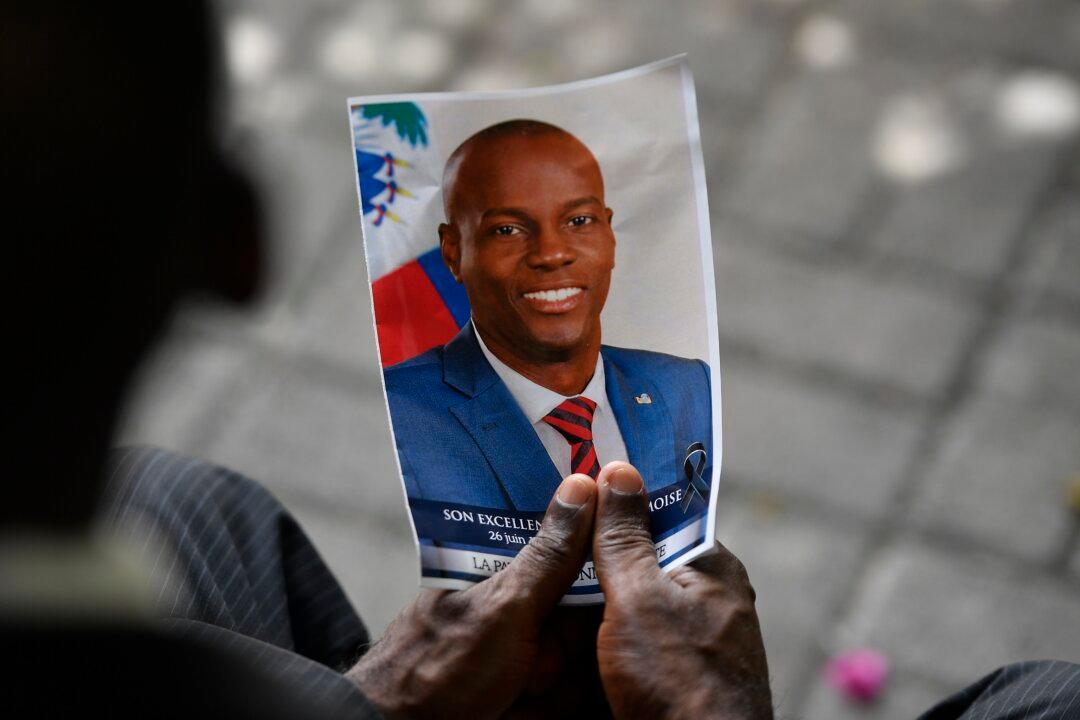Four more people were arrested on Tuesday and charged in connection with the 2021 assassination of Haitian President Jovenel Moïse, the Justice Department announced.
Colombian national Arcangel Pretel Ortiz, 50, of Miami; Venezuelan American Antonio Intriago, 59, of Miami; and Walter Veintemilla, 54, of Weston, Florida, face charges that include conspiracy to kill or kidnap a person outside the United States.




